
Communications Warfare Specialist
Skip to section:
About the role Career progression and training Salary and benefits Entry requirementsInformation is power. Be able to operate a variety of specialised military communications technology, by providing the mechanisms to expeditiously transfer information securely, rapidly and reliably between individuals and groups of individuals.
- ServiceNavy
- SpecialisationIntelligence, IT and Communications
- LocationDevonport
-
Starting Trade Training$64,177
We work with flags, morse code, radios and satellites to communicate with other ships that we are in company with, as well as to shore stations.
About the role
The primary role of a Communications Warfare Specialist is to provide secure, reliable and effective communications using Tactical and Strategic means of communications; incorporating radio, satellite, visual and Information Technology (IT). This is achieved through the utilisation and administration of a variety of specialised networks, within a classified and non-classified environment.
Due to the requirement to maintain continuous communications across the NZDF, Communications Warfare Specialists are required to work rostered shift rotations (Watchkeeping) ashore and at sea.
Communications Warfare Specialists also undergo training in general seamanship tasks, such as slipping and berthing, boat operations, anchoring, underway replenishment, upper deck maintenance and ship’s husbandry.
Job on base
On completion of Trade training, you can expect to be employed at either Defence Communications Station (DEFCOMMSTA), Devonport or a variety of operational platforms, to continue your specialist trade development.
Job on deployment
At sea you will be responsible for providing secure, reliable and effective communications using tactical and strategic means of communications, incorporating radio, satellite, visual and IT.
While at sea, you will have the opportunity to train as a team member and be involved in a variety of activities, such as Force Protection, Boarding Party and Amphibious Task Force Operations.
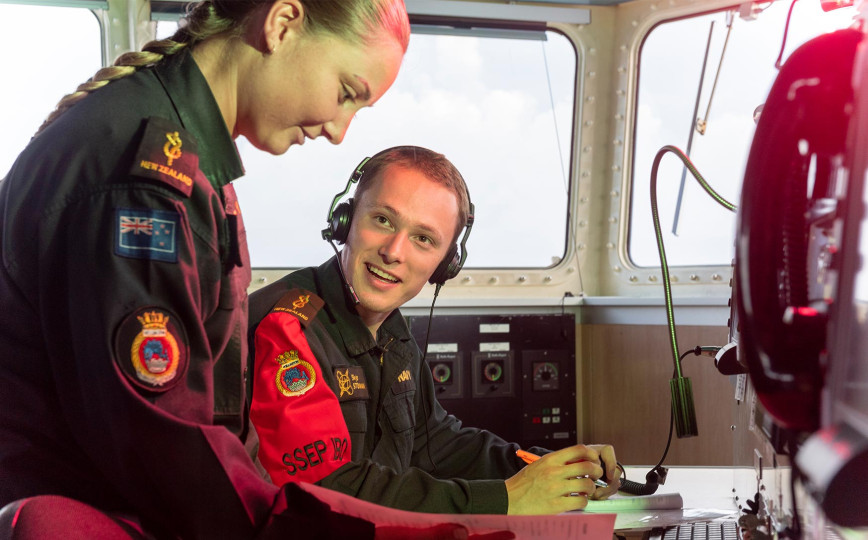
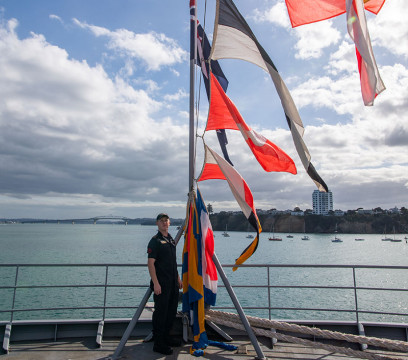
Career progression and training
Basic Training
Job Training
Ongoing Training
Upon successful enlistment into the Navy you will be posted to Devonport, Auckland. Here you will do 16 weeks of basic military training to find out if you have what it takes to be in the Navy, and learn various subjects including:
- Teamwork and support
- Naval history and customs
- Drill and parades
- Core mariner skills and weapons training
- First aid and firefighting
- Physical fitness
- Self-discipline
On graduation from BCTs you will conduct 24 weeks of Basic Branch Training (BBTs) comprising:
- Radio Theory and Networking;
- Strategic and Tactical Communications;
- Visual Communications; and
- IT Industry training comprising Network Essentials and Information Systems Administrator 1 and CISCO Certified Network Associate (CCNA – Network Fundamentals).
Civilian Qualifications – Aside from the Maritime Restricted Radio Operators Certificate, no other qualification is awarded. However, should an individual wish to pursue a qualification associated with the Communications Warfare Specialist trade. The NZDF encourages, and can in some instances provide access to sponsored tertiary education.
On successful completion of BBTs you will join the Fleet as a Communications Warfare Specialist and consolidate through On-the-Job-Training (OJT). Employment opportunities for Communications Warfare Specialists exist on a rotational basis, either ashore, at sea or deployed on a mission. Whether you are carrying out a long range combat mission, conducting support operations in the Pacific, Search and Rescue or patrolling NZ’s territorial waters, there is a role for a Communications Warfare Specialist.
Throughout your career you will continue to gain experience and be provided with the necessary resources to work in the Communications, Information and Warfare environment. Additional Trade training as well as Command and Management courses are provided for personal, professional and promotional advancement.
Those Senior Communications Warfare Specialists selected to undertake Spectrum Management training will incur a 12-month Return of Service Obligation.
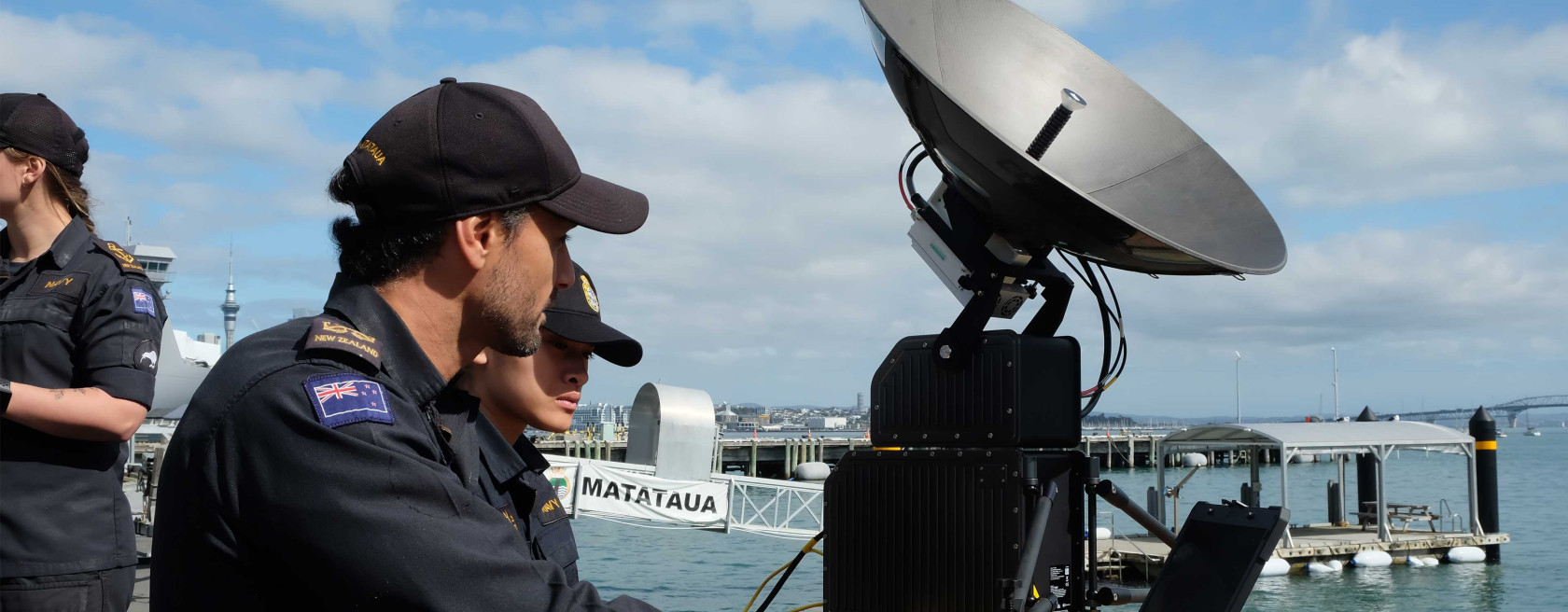
Salary and benefits
Careers in the Navy are well-rewarded, as well as being diverse and exciting. As you become more experienced and move up through the ranks, gaining additional skills and qualifications, you will see your salary rise accordingly.
$50,597
Under Initial Training
$64,177
Starting Trade Training
$122,331
Future Potential Earnings
Figures updated on July 1st 2023
Benefits and allowances
Earn a competitive salary while training or learning your trade, along with additional allowances for time spent in the field, at sea, overseas, or deployed on operations.
In addition to salary and allowances, other benefits of joining the New Zealand Defence Force include:
Access to your Service marae or tūrangawaewae
Sponsored tertiary study programmes at all levels
Free access to gyms and swimming pools on camp and bases
Opportunities to travel
Free and subsidised medical and dental care
Subsidised food and accommodation on camps and bases
Free and subsidised insurance cover
Help to buy a home and save for retirement
Entry requirements
Basics
Education
Fitness and Medical
Citizenship
Period of Service
- Be a minimum of 17 years of age upon entry.
- Be free of any criminal convictions.
3 years secondary school. Note, qualifications may be used to assess trade suitability.
- You must be medically fit for service.
- You must meet the minimum entry fitness standards.
- Colour perception requirements may apply.
There are strict citizenship and security requirements to gain the TSV security clearance required for this trade. You must be free of any criminal convictions.
Find out if you’re eligible here.
There may be a return of service period for this trade.
Please contact our 0800 number or talk to your Candidate Experience Facilitator for more information.
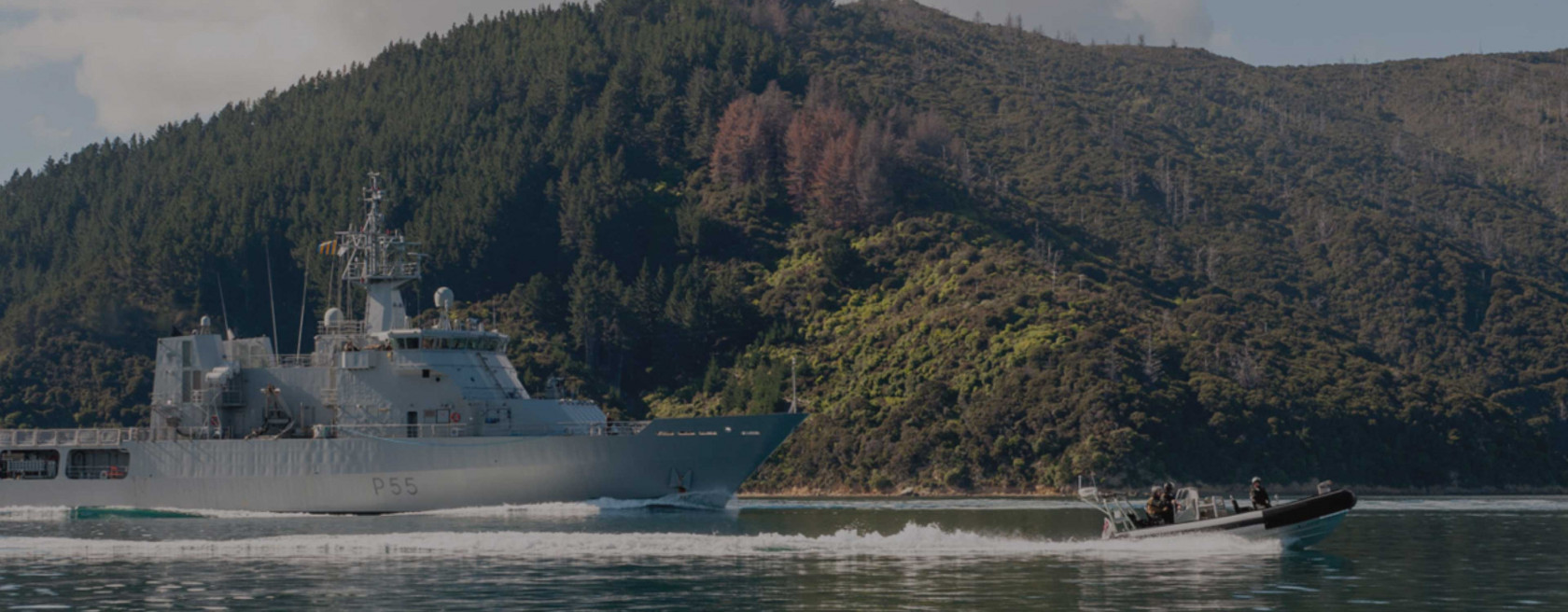
Ready to start your Navy career?
Other jobs you might like
You can also browse jobs by specialisation to narrow down your search.
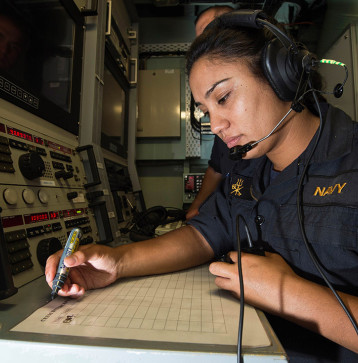
Applications Open
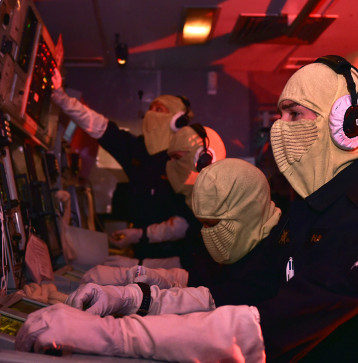
Applications Open
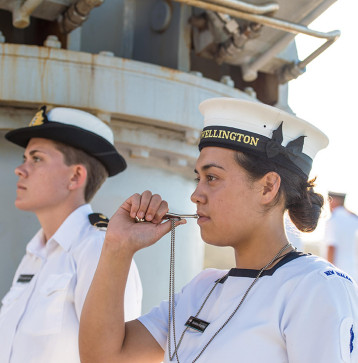
Applications Open
